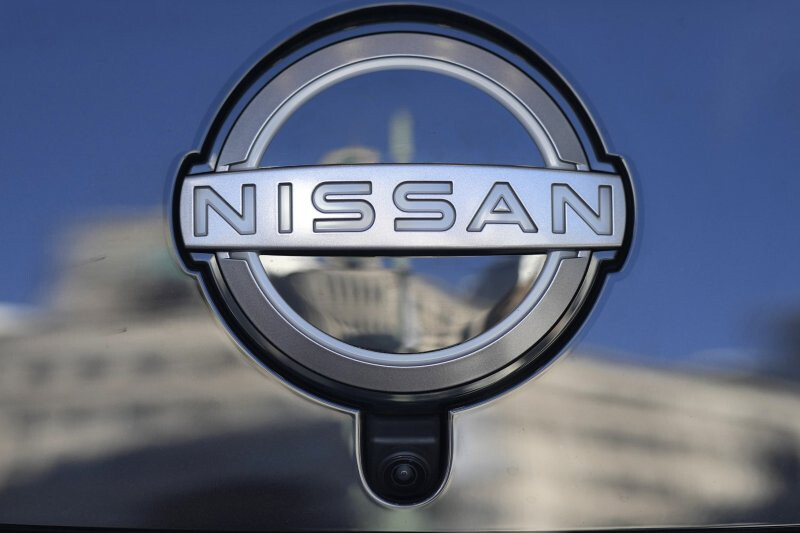
YOKOHAMA, Japan – Nissan Motor Co. is reportedly weighing the sale of its global headquarters building in Yokohama, Kanagawa Prefecture, as a drastic measure to navigate its severe financial challenges. This move is aimed at funding substantial restructuring costs, though it has met with mixed reactions internally.
Headquarters Sale Eyed for Restructuring Funds
According to reports from the Yomiuri Shimbun and Nikkei, Nissan has included its Yokohama head office among the assets slated for potential sale in its fiscal year 2025 (April 2025 - March 2026). The auto giant is considering a sale-and-leaseback arrangement, where it would sell the building and then lease back the office space. However, the actualization of this plan remains uncertain due to opposition from some senior executives.
The Nikkei estimates the asset value of the headquarters building to exceed 100 billion yen (approximately $640 million USD). This significant influx of capital would be directly funneled into covering the escalating costs of its extensive restructuring program. Nissan's financial struggles are attributed to flagging car sales in key markets like China and the United States, compounded by the looming threat of U.S. tariffs, which have prompted the company to streamline its global operations.
Mounting Losses and Ambitious Cost-Cutting
Nissan recently announced a net loss of 670.9 billion yen (approximately $4.3 billion USD) for fiscal year 2024. On top of this, the company anticipates an additional 60 billion yen (approximately $384 million USD) will be required to execute its current restructuring efforts. This comes on the heels of a challenging previous fiscal year, which saw a 460 billion yen loss and widespread workforce reductions.
The restructuring plan is ambitious and far-reaching. Nissan aims to close seven of its 17 assembly plants worldwide, excluding China, by fiscal year 2027. This represents a substantial overhaul of its manufacturing footprint. Furthermore, the company intends to cut approximately 20,000 jobs, representing about 15% of its total global workforce.
Within Japan, the Oppama plant in Yokosuka, Kanagawa Prefecture, and Nissan Shatai's Shonan plant in Hiratsuka, Kanagawa Prefecture, are reportedly under consideration for closure. The Yomiuri also noted that Nissan is contemplating selling off a portion of its Tochigi Prefecture plant site, independent of these factory closures.
Nissan's Position and Future Outlook
As Japan's third-largest automaker by domestic sales, trailing only Toyota and Honda, Nissan has been grappling with persistent underperformance in recent years. This period of sustained financial pressure has made large-scale reforms an unavoidable necessity. The company's future hinges on the successful implementation of these aggressive cost-cutting measures and a renewed focus on its core markets. The potential sale of its iconic headquarters symbolizes the depth of the challenges Nissan faces and its willingness to take drastic steps to regain profitability and secure its long-term viability in the highly competitive global automotive industry.
[Copyright (c) Global Economic Times. All Rights Reserved.]



























